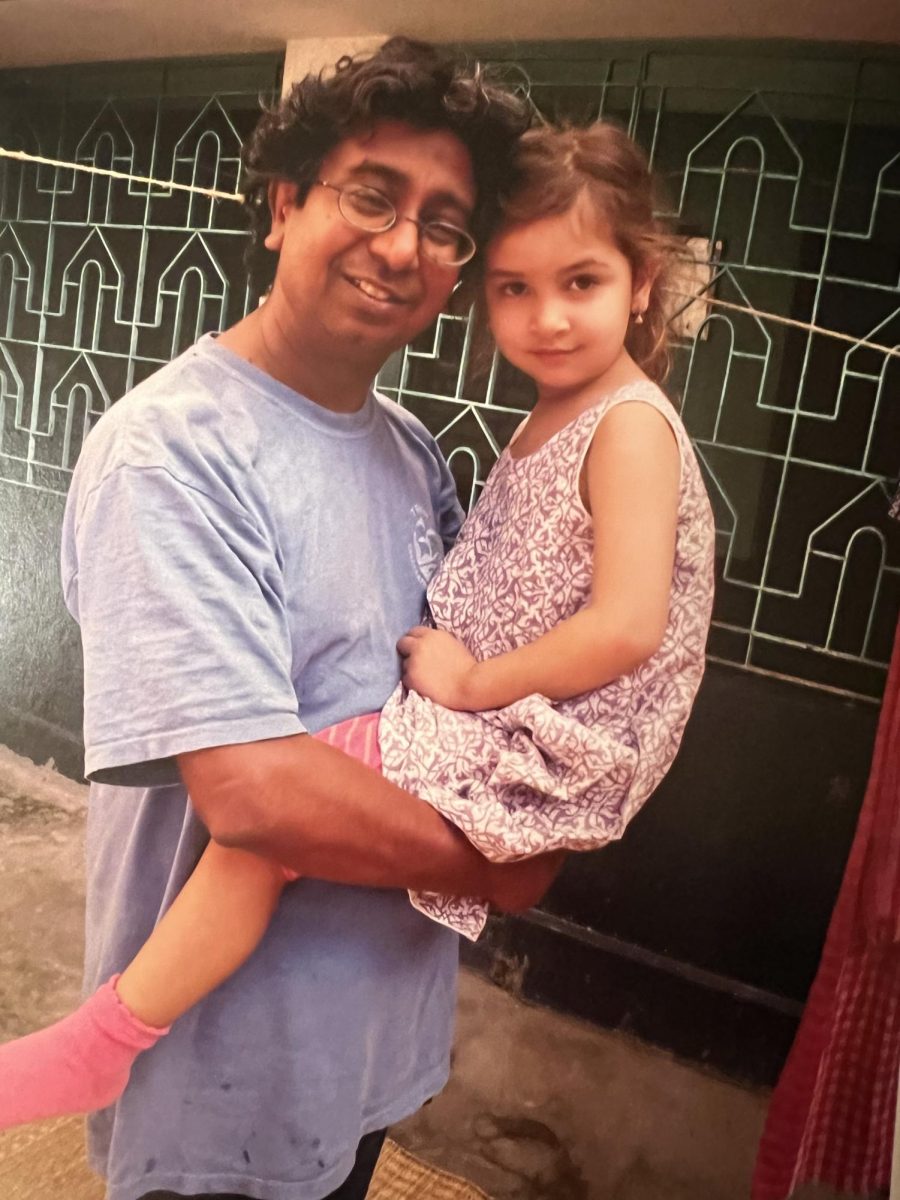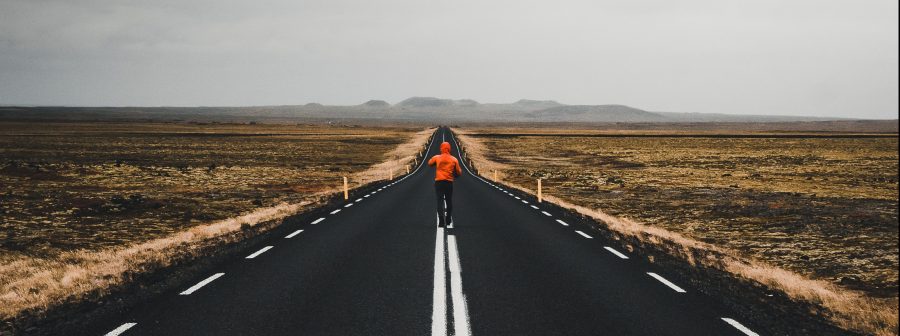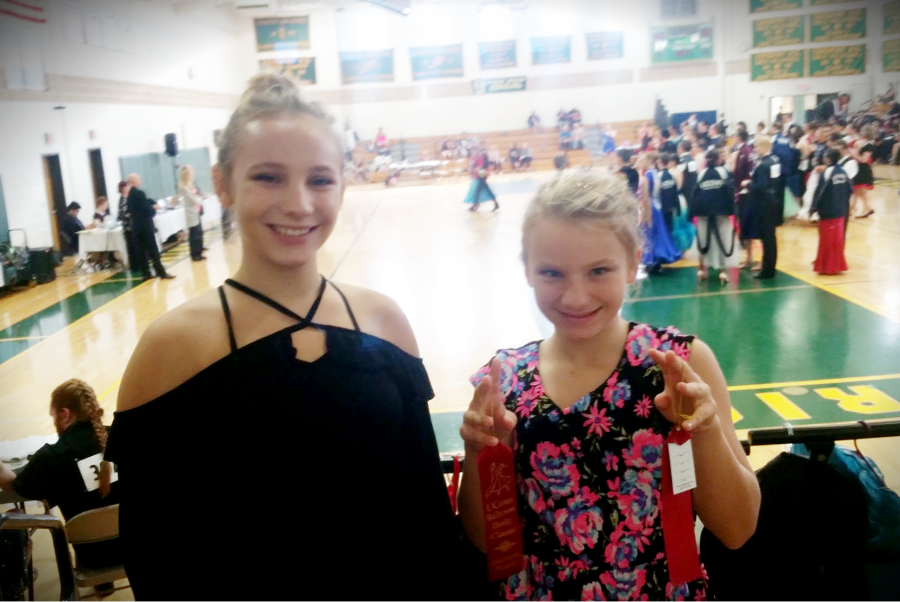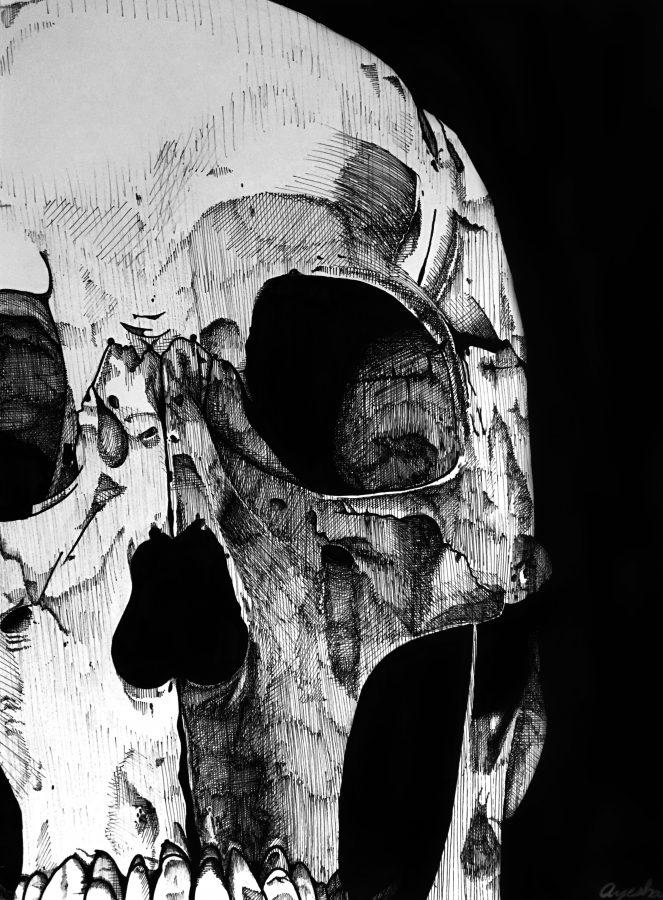One of my first memories is walking down a dusty street in Calcutta, India with my father. His weathered hands holding mine, swinging back and forth as we pass brightly colored stalls of fabric, chips, and other miscellaneous items. At two years old, this was my third time back to “the motherland.” I remember the heat as light streamed through the pollution of the early morning. I remember my father pointing out all of his friend’s houses in both Bengali, and English, opening my eyes to the world he left behind not too long ago.
I didn’t truly understand the meaning of “dad lore” until I was around fourteen. I heard the concept from a friend of a friend’s social media. He described it as the stories you hear of your dad before meeting your mom. While I believe the concept to be rooted in misogyny and sexism, romanticizing the adventurous and rebellious pasts of fathers while overlooking mothers, I thought it was incredibly relevant to my own life. You see, last weekend I wrote a paper, took a nap, and saw a movie with my two friends. My father however, grew up in a lawless city of sorts where riding on the roof of buses, sleeping with the homeless, and getting into fights with the police were all in a day’s work.
Each story that I hear is a lesson that has shaped me far more than my current surroundings ever could. For example, my father went to just two days of the entire time he was enrolled in college, somehow passing his final exam in order to graduate. He hated school. His teachers were physically abusive, and the Indian education system wasn’t up to the same standard it is these days. However, he confides in me that he wished he spent more time learning, describing its power as “something no one can take away from you.” So, he tells me to work hard in school and learn everything I can. Education is a privilege and a gift, something I may never have fully appreciated without my dad. These lessons aren’t just for me to learn from though, they are a way to keep his old life alive. The struggles of assimilation versus its antonym mean sometimes I eat Mac and Cheese for dinner, but only with a blend of desi spices. It means that I wake up on the weekends to my father loudly chatting with family and friends in Bengali about politics, recipes, and everything in between. It means my dad is a walking-talking enigma of an Indian-American.
My parents met in India while my mom was traveling for university. A decade or so later, my father moved across the ocean in 2001. He left everything behind: career, family, friends, all for my mom and a new beginning. Despite the uncertainty that followed the attacks of 9/11 and the election of 2016, my father stood firm in his identity as a brown man in America. He proved to me through his own actions that true bravery doesn’t stem from being loud or the biggest in the room, but rather being secure and unapologetic in who you are. Moreover, the day he gained citizenship was one of the best moments of my life. I wore a red woolen dress and light up sketchers. My mom and I waved the little American flags provided as my dad walked across the room to get the government issued certificate. I’d never felt so proud to be an American. I’d never felt so proud to be my father’s daughter.
My father’s experience in moving to the United States taught resilience and courage. Here, he faced the harsh realities of building a new life with my mom. Watching my father struggle, and also succeed, has instilled in me a deep sense of gratitude for the position I was born into. My identity is greatly shaped by the sacrifices my parents made. So while my father’s American dream may have looked different than mine, it nonetheless molded me into who I am today.



